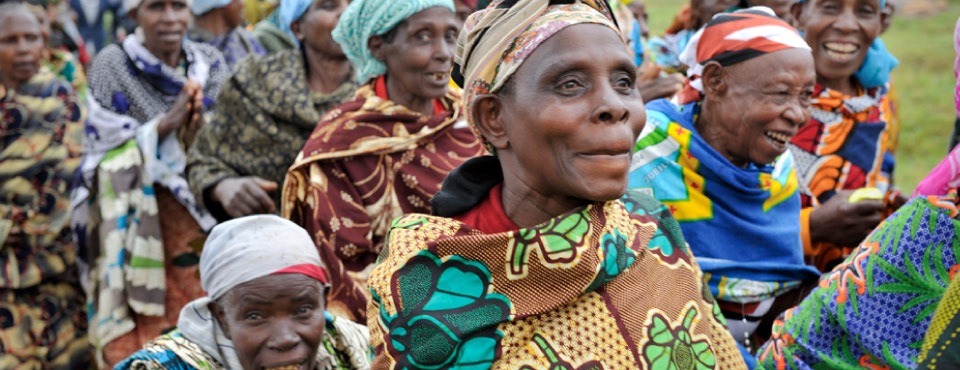Millennium Development Goals (MDGs)
The United Nations Millennium Development Goals are eight goals that all 191 UN member states have agreed to try to achieve by the year 2015. The United Nations Millennium Declaration, signed in September 2000 commits world leaders to combat poverty, hunger, disease, illiteracy, environmental degradation, and discrimination against women. The MDGs are derived from this Declaration, and all have specific targets and indicators.
The Eight Millennium Development Goals are:
- to eradicate extreme poverty and hunger;
- to achieve universal primary education;
- to promote gender equality and empower women;
- to reduce child mortality;
- to improve maternal health;
- to combat HIV/AIDS, malaria, and other diseases;
- to ensure environmental sustainability;
- and
- to develop a global partnership for development.
The MDGs are inter-dependent; all the MDG influence health, and health influences all the MDGs. For example, better health enables children to learn and adults to earn. Gender equality is essential to the achievement of better health. Reducing poverty, hunger and environmental degradation positively influences, but also depends on, better health.
